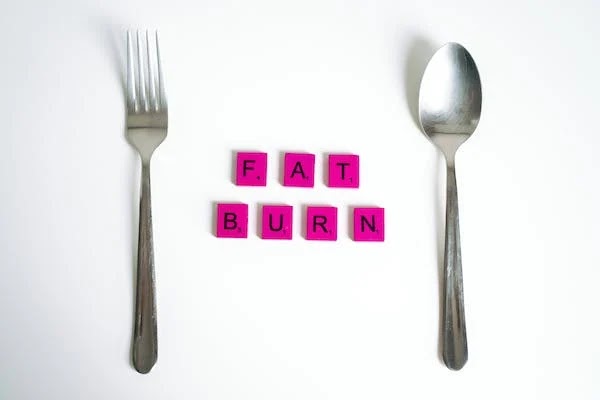
Health Tips
Physical problems that may occur after reaching the age of 50 | Health Tips

With increasing age, various diseases can take root in the body. After the age of 50, various health problems can appear.
These include:
Heart disease:
Every year 735 thousand people suffer from heart disease. A person over the age of 50 has about a 50 percent chance of developing a heart attack.
Common symptoms of heart disease include:
- Chest pain,
- Shortness of breath and
- Back, shoulder or neck pain
- Sweat
- Dizziness or nausea.
Maintaining a healthy weight, not smoking and exercising regularly can reduce the risk of heart disease.
More Read : What is Cancer ? Why does it happen ? How to prevent it ? | Health Tips
Stroke:
When the brain's blood supply is interrupted, a stroke happens. As a result the brain cells die. If you experience weakness, numbness, or difficulty speaking, take immediate action. Stroke can be prevented by controlling blood pressure, eating healthy, controlling stress, exercising and quitting smoking.
Aneurysm:
Making lifestyle changes to reduce the risk of heart attack and stroke can also reduce the chance of developing an aneurysm. An aneurysm is a bubble or balloon-like swelling outside the vessel due to an abnormality or weakness in a particular area of the blood vessel. It can also cause internal bleeding or stroke.
Symptoms of this disease include:
- Pain
- Vomit feeling
- Dizzy
- Skin roughness and
- Rapid heartbeat
Gallstones:
Gallstones can cause severe pain in the upper abdomen. Obesity, diabetes, Crohn's disease, and lack of exercise increase the risk of developing gallstones.
More Read : What is Health Insurance ? What are the benefits, types & coverage of Health Insurance ? | Health Tips
Acute Pancreatitis:
Pancreatitis or inflammation of the pancreas can cause severe abdominal pain, nausea, vomiting, fever. It can even cause death. Gallstones, excessive alcohol consumption, high calcium levels or high triglycerides can cause this. If you have symptoms of this disease, you should consult a doctor as soon as possible.
Bone Loss:
Bones can wear down and break with age, especially in women. New bone loss can be slowed or prevented with calcium, vitamin D, and medications.
Retina Problems:
If the retina detaches from the outer wall of the eye, it will not receive enough oxygen and vision may decrease. If floaters are seen or light flashes are felt, seek medical attention without delay.
Kidney Stones:
A kidney stone is a hard calcium lump that can cause severe pain, infection, and urinary obstruction. Kidney stones can be prevented by drinking plenty of water. This disease is usually more common in men than in women.
More Read : What is a panic attack ? What causes and symptoms of panic attacks ? When to consult a specialist ? | Health Tips
Pneumonia:
Bacterial pneumonia is more common in people over 50. This is called pneumococcal pneumonia. As people age, their immune system weakens. It has more chance of getting infected. For this, the Centers for Disease Control and Prevention (CDC) recommends getting a vaccine for those over 65.
Spinal Stenosis:
Spinal stenosis develops slowly, but suddenly you will notice it. Arthritis compresses the spinal cord and nerves. This can cause back or neck pain, numbness or cramps. This problem can be solved with medication, manual therapy or surgery.
Arthritis:
Arthritis causes sudden pain and swelling in various joints of the body, especially the big toe. This problem is caused by the accumulation of uric acid. Eating too much red meat and shellfish, drinking too much alcohol, and taking certain high blood pressure medications can increase the risk of this disease. Fructose, soda sweeteners and fats also increase the risk of developing this disease.
More Read : Will Yoga relieve back pain ? How to start Yoga ? Yoga exercise tips for back pain | Health Tips
Pulmonary Embolism:
A blood clot in the blood vessels of the lungs is called a pulmonary embolism. After the age of 50 the chances of developing this disease increases. If you experience problems like chest pain, shortness of breath or dizziness, you should consult a doctor immediately. Also, symptoms of this disease include coughing up blood, leg pain and bluish skin.
Having heart disease, having recent surgery, or being confined to small spaces such as airplanes or cars for long periods of time increases the risk of developing this disease.

.jpg)



.webp)
